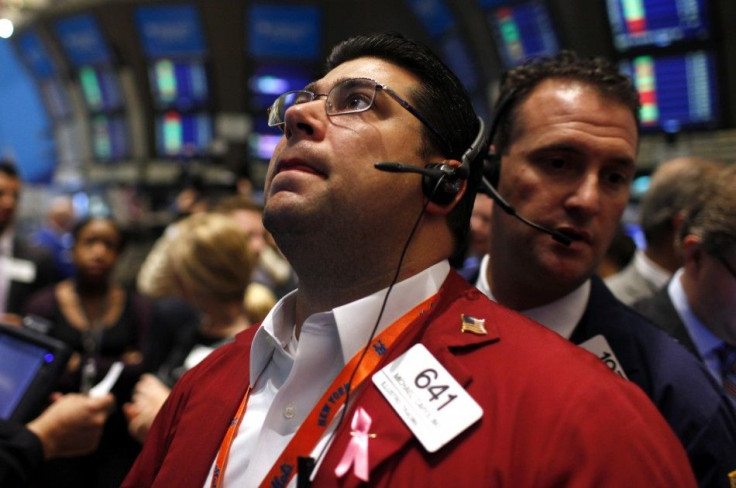Stock Markets Extremely Volatile After Jobs Report

The Dow Jones endured several severe ups and downs on Friday after the announcement of a relatively positive jobs and unemployment rate reports.
As of 2:50 p.m. the Dow Jones was up over 90 points, though at a point earlier in the day it was down 270 points. The market moved wildly as the reports, fears of European defaults, and the United States' own double-dip recession fears all impacted investor decisions.
On Friday, the European Central Bank announced it may take steps to deal with debt situations in Italy and Spain. Italian Prime Minister Silvio Berlusconi announced an agreement with European leaders to accelerate reforms within Italy.
That along with news that the U.S. added 117,000 non-farm jobs and lowered the unemployment rate to 9.1 percent caused the markets to be quite volatile.
The jobs report beat expectations of only 88,000 new jobs, though concerns still remain over whether the new jobs can offset the unemployment rate.
"From an economic standpoint, 117,000 jobs is hardly sufficient to boost the economy," BTIG chief strategist Dan Greenhaus told the Associated Press.
A day earlier, on Thursday, the Dow Jones dropped more than 500 points, its worst plunge since 2008. The major plunge, which happened to occur on President Obama's 50th birthday, led some to proclaim that the United States is on the verge of a double-dip recession.
A double-dip recession is when an economy enters back into a recession after only experiencing positive growth for a quarter or two. The United States hasn't reached this point yet, but some think it's only a matter of time.
"I think that the U.S. economy is now at stall speed and on the verge of a double-dip recession," Nouriel Roubini, economics professor at the NYU Stern School of Business, said on CNBC. "Consumption is falling, housing is falling, job creation is anemic, and business, investor and consumer confidence is down. Those are the conditions that are going to lead to a double-dip recession. And compared to the past, we're running out of policy bullets."
© Copyright IBTimes 2024. All rights reserved.





















